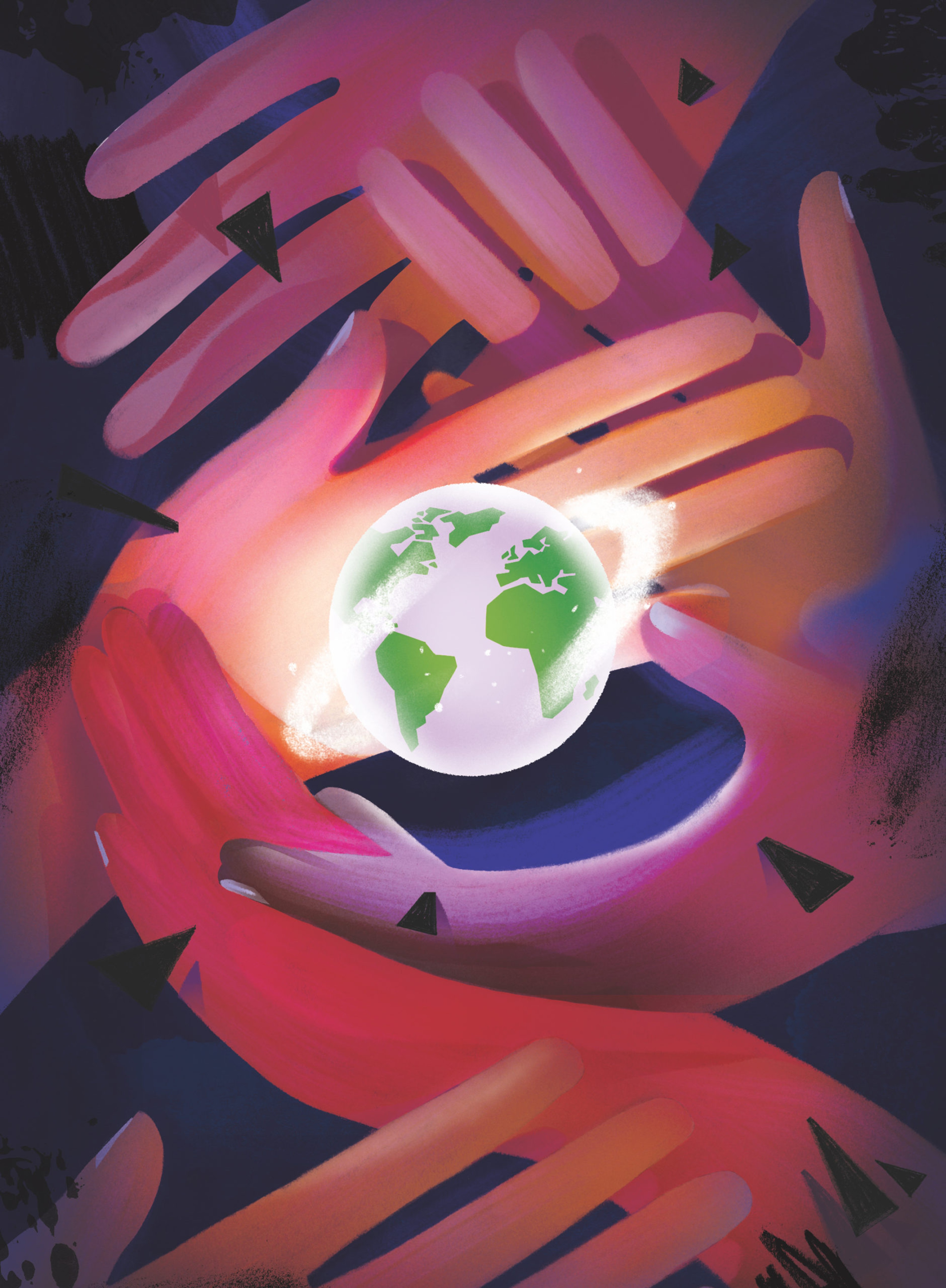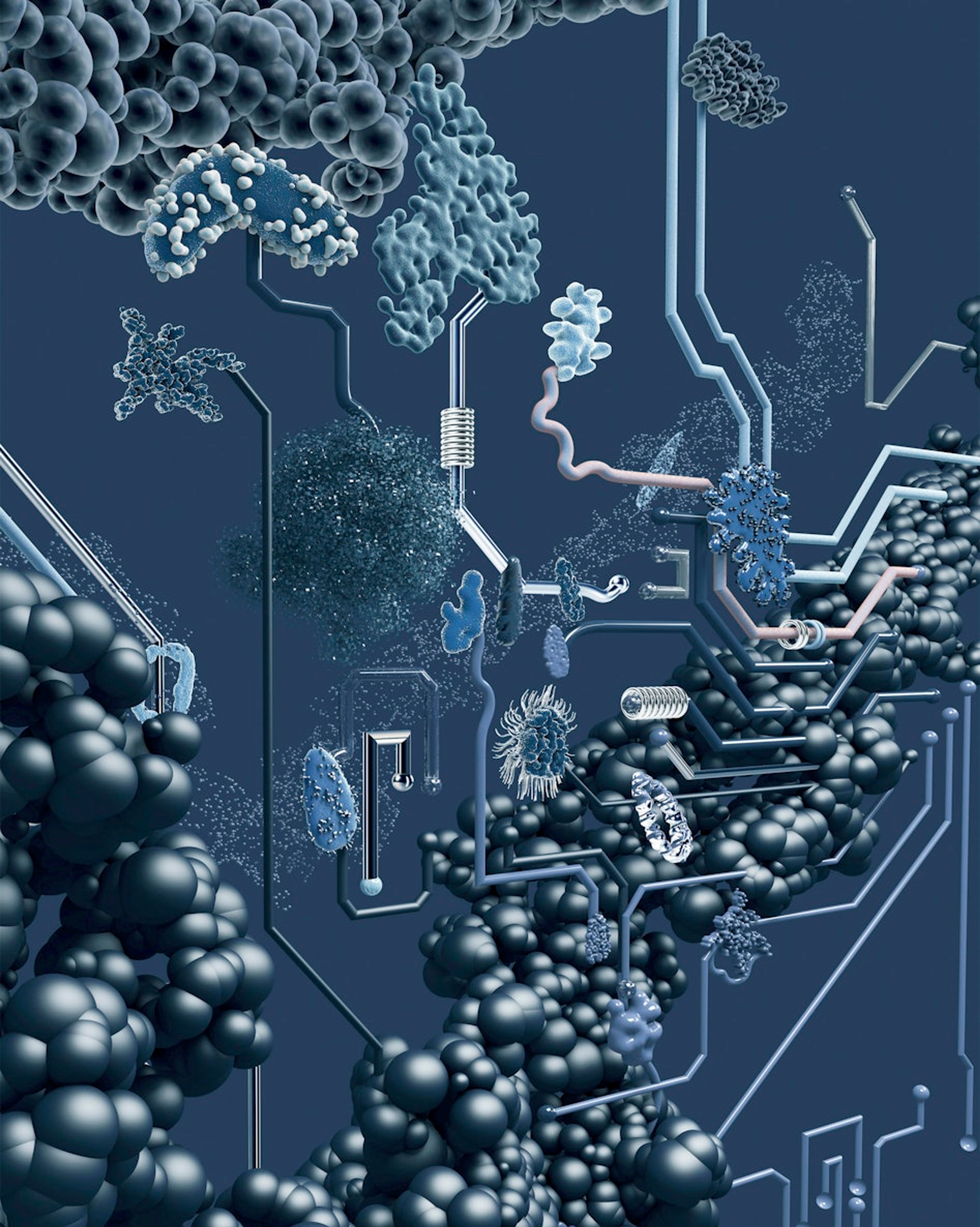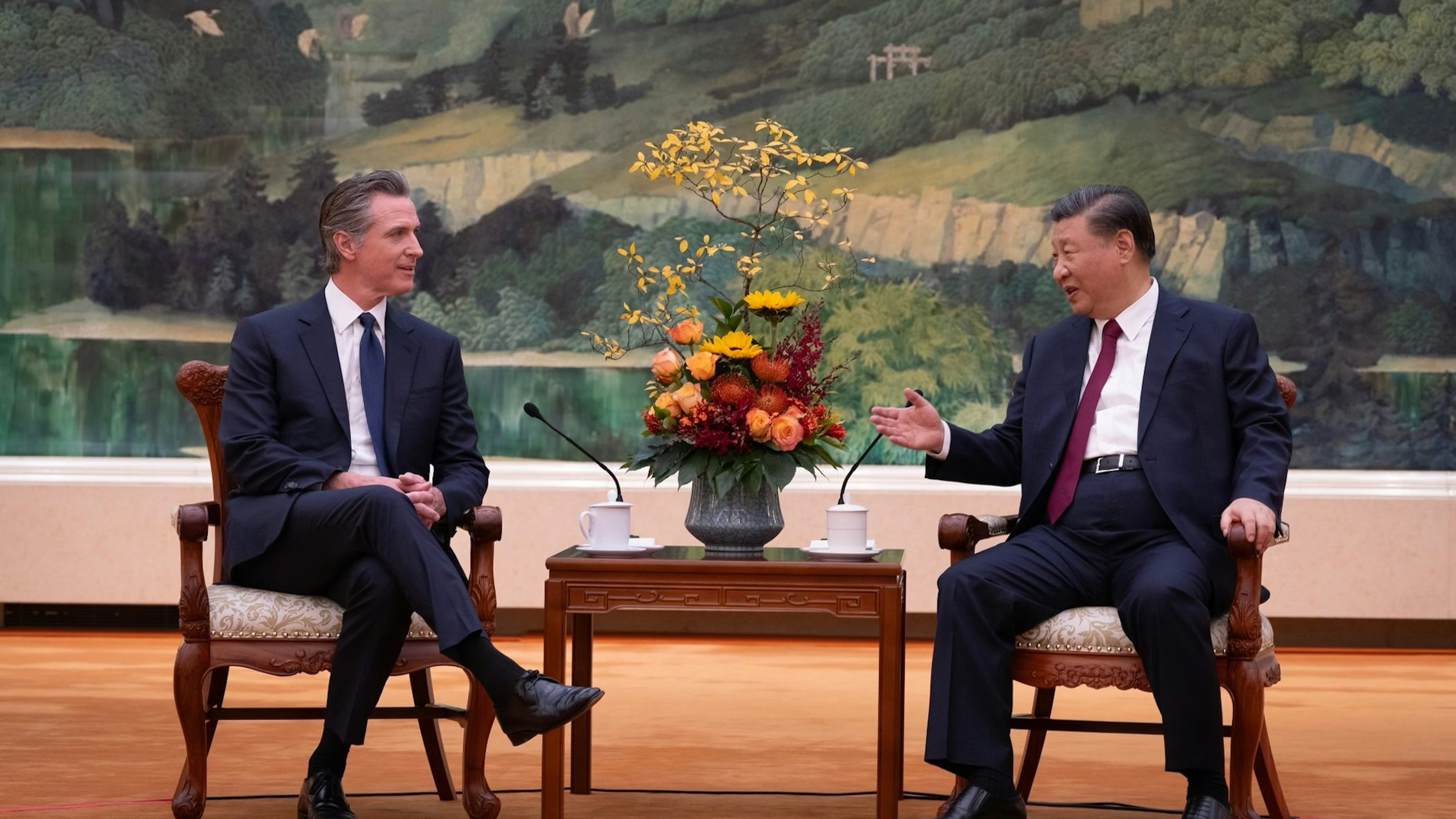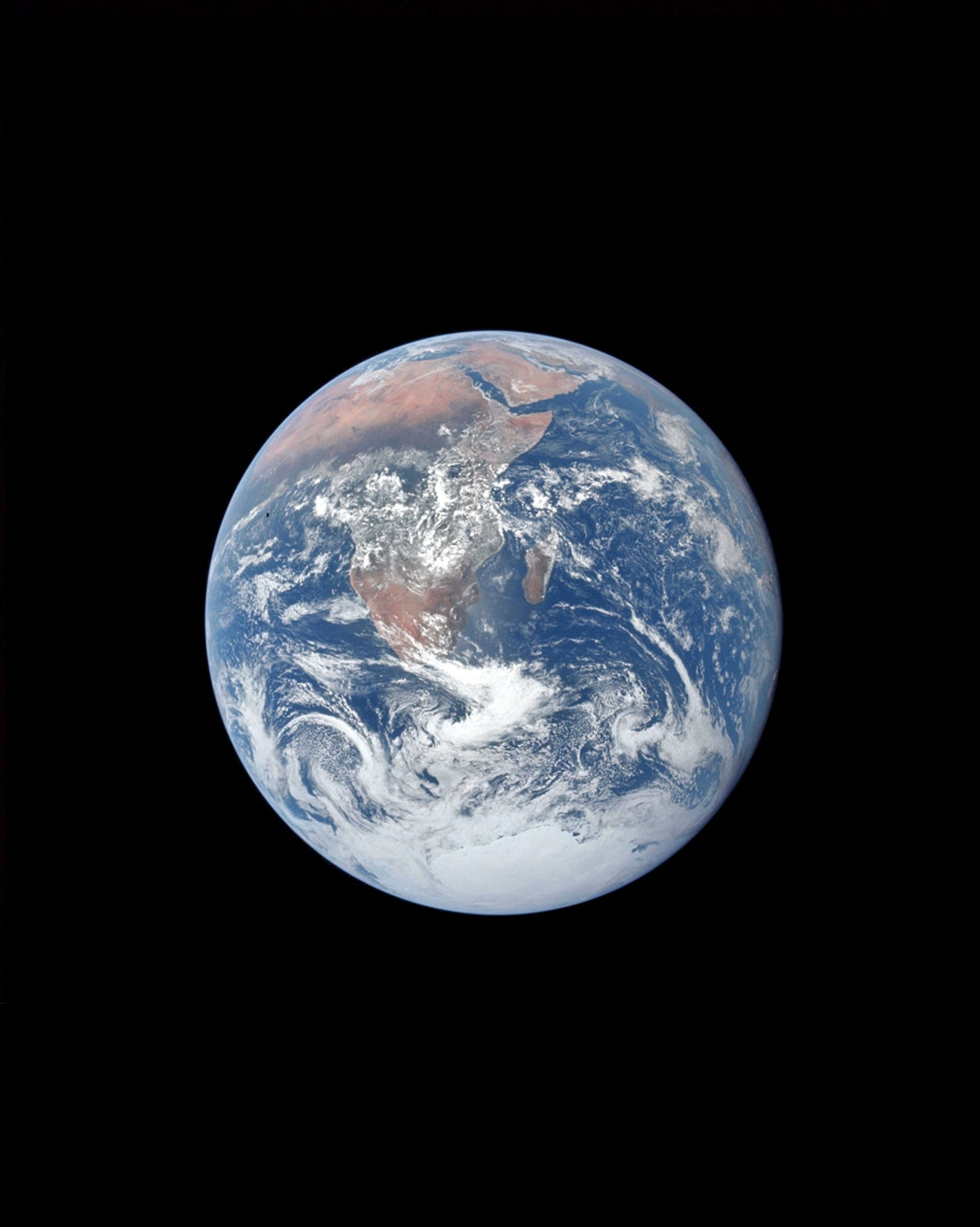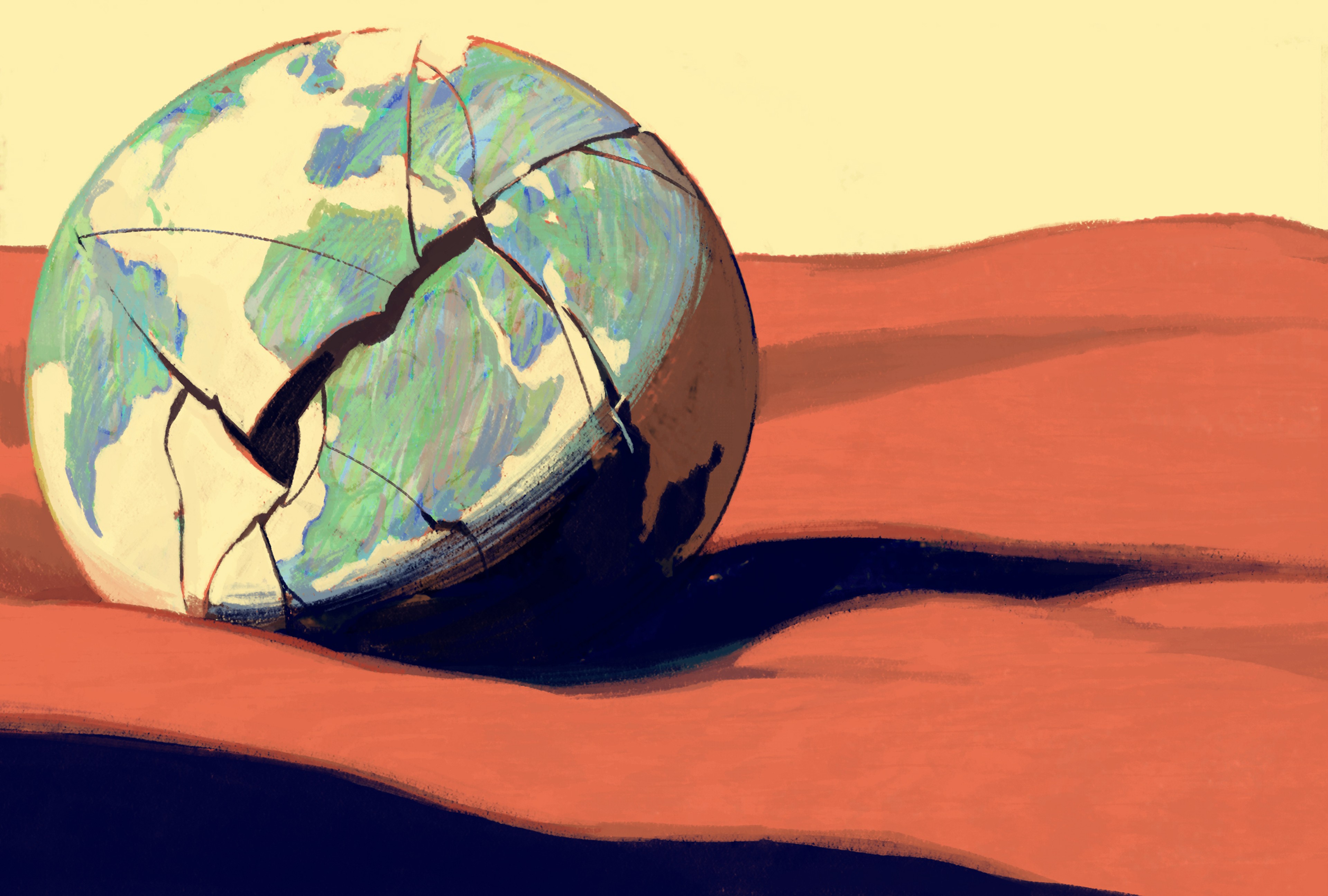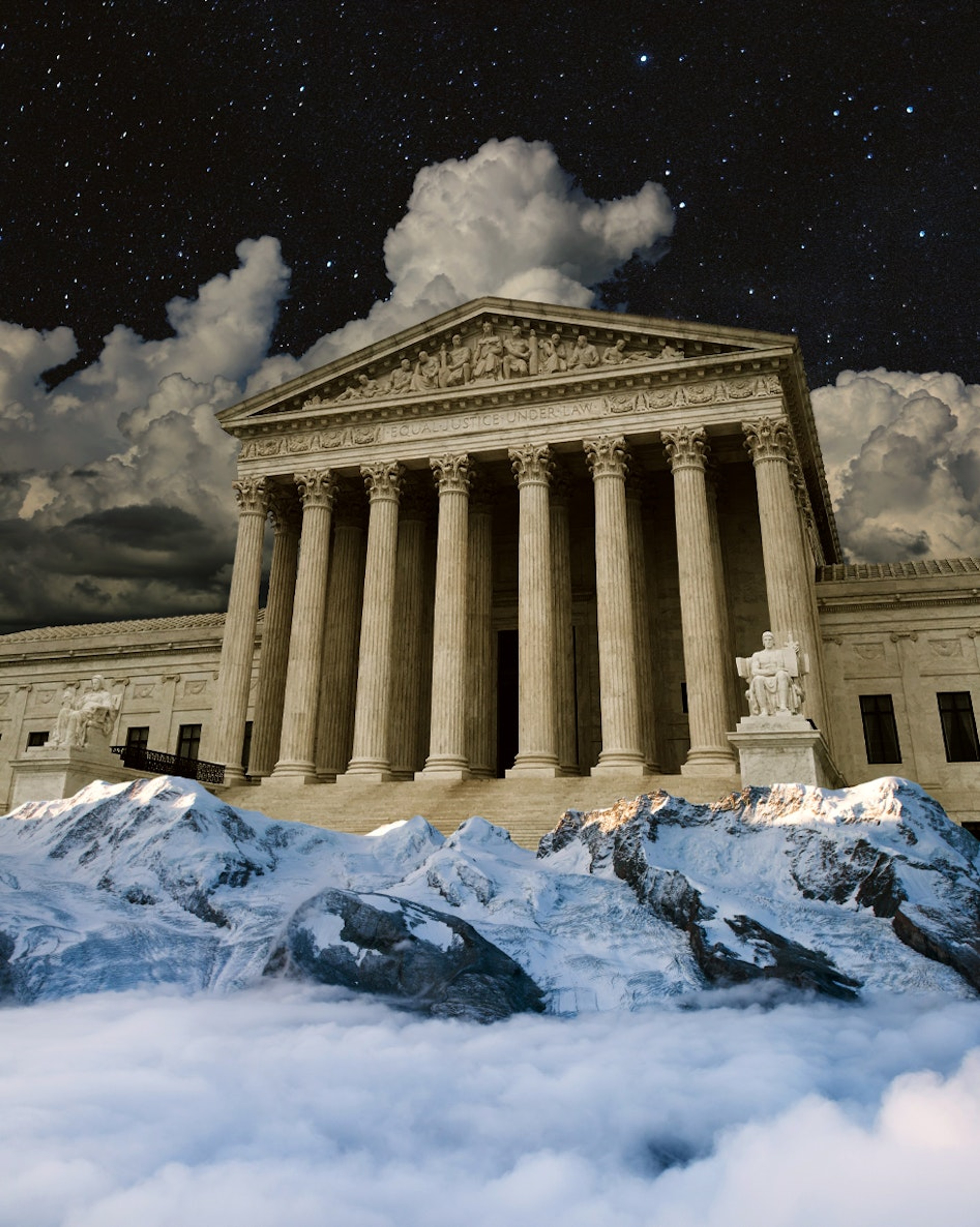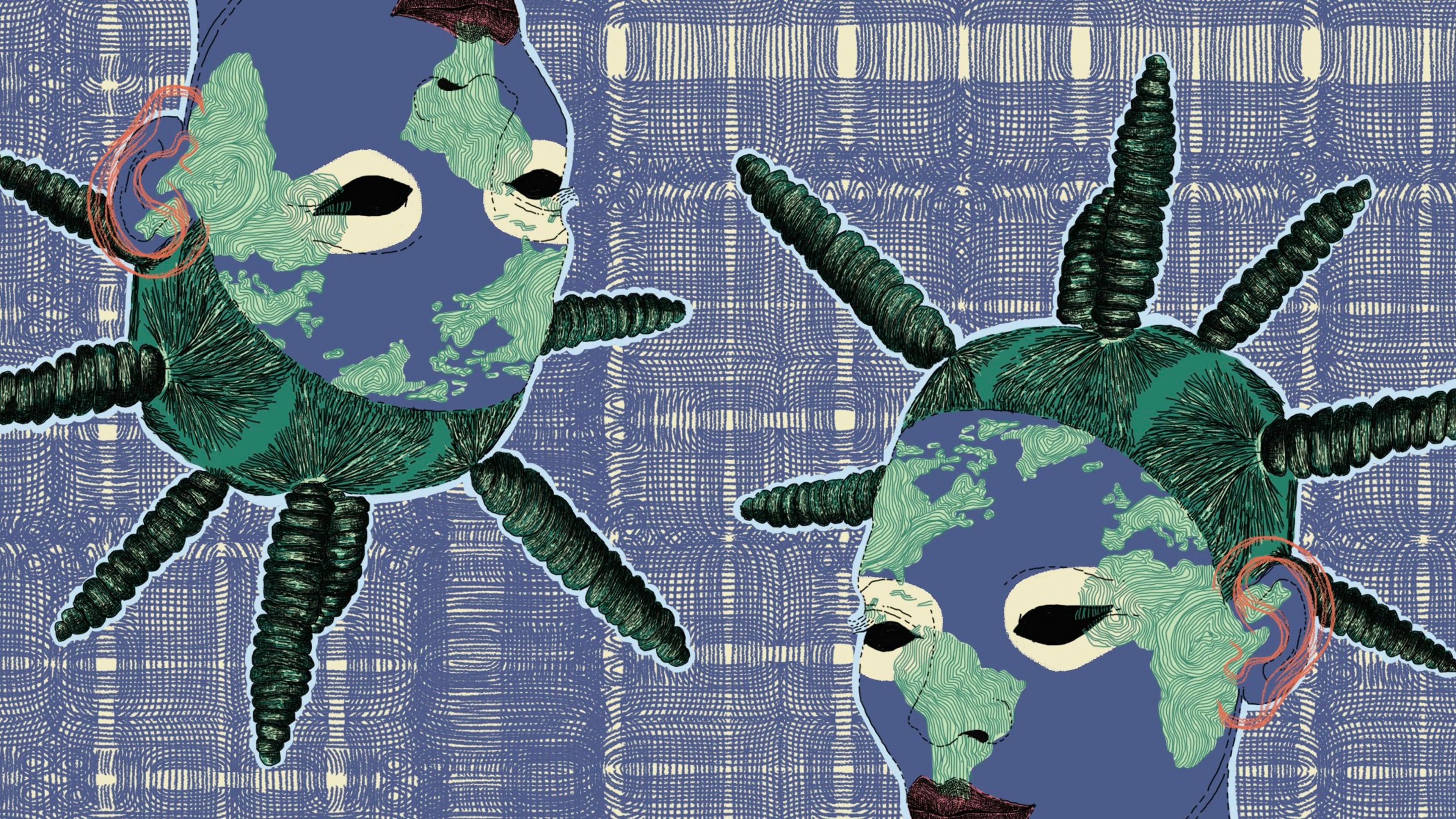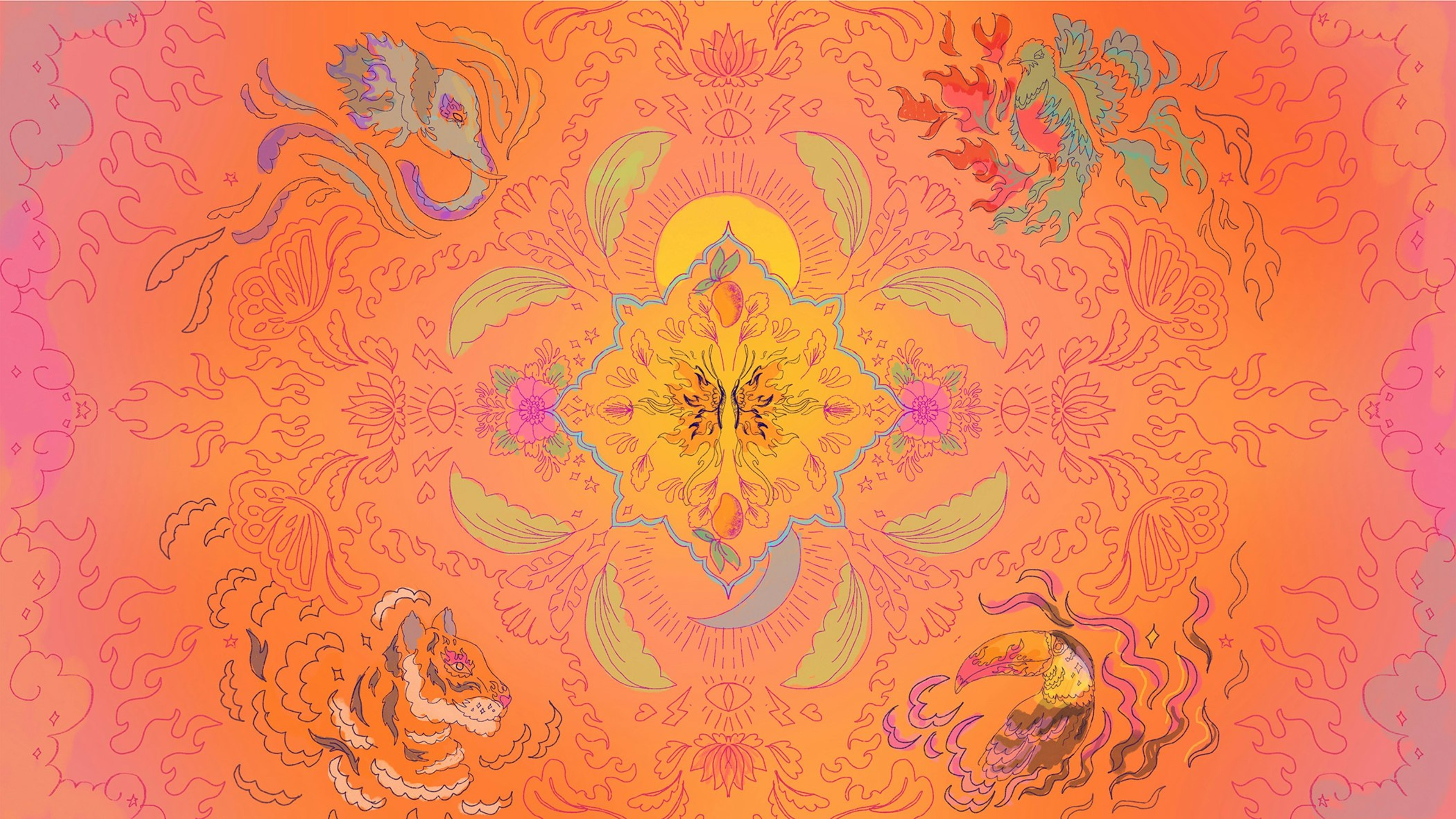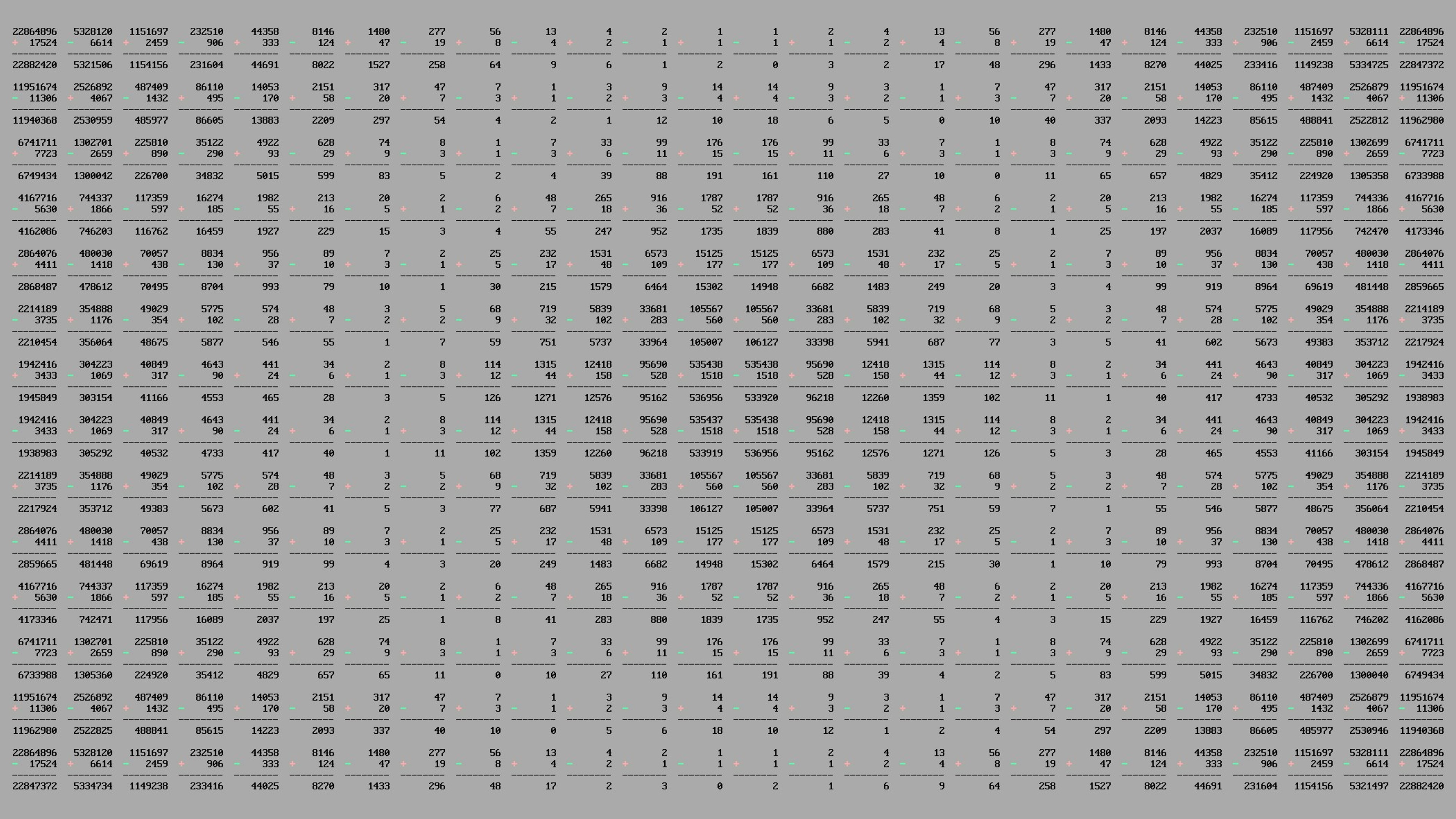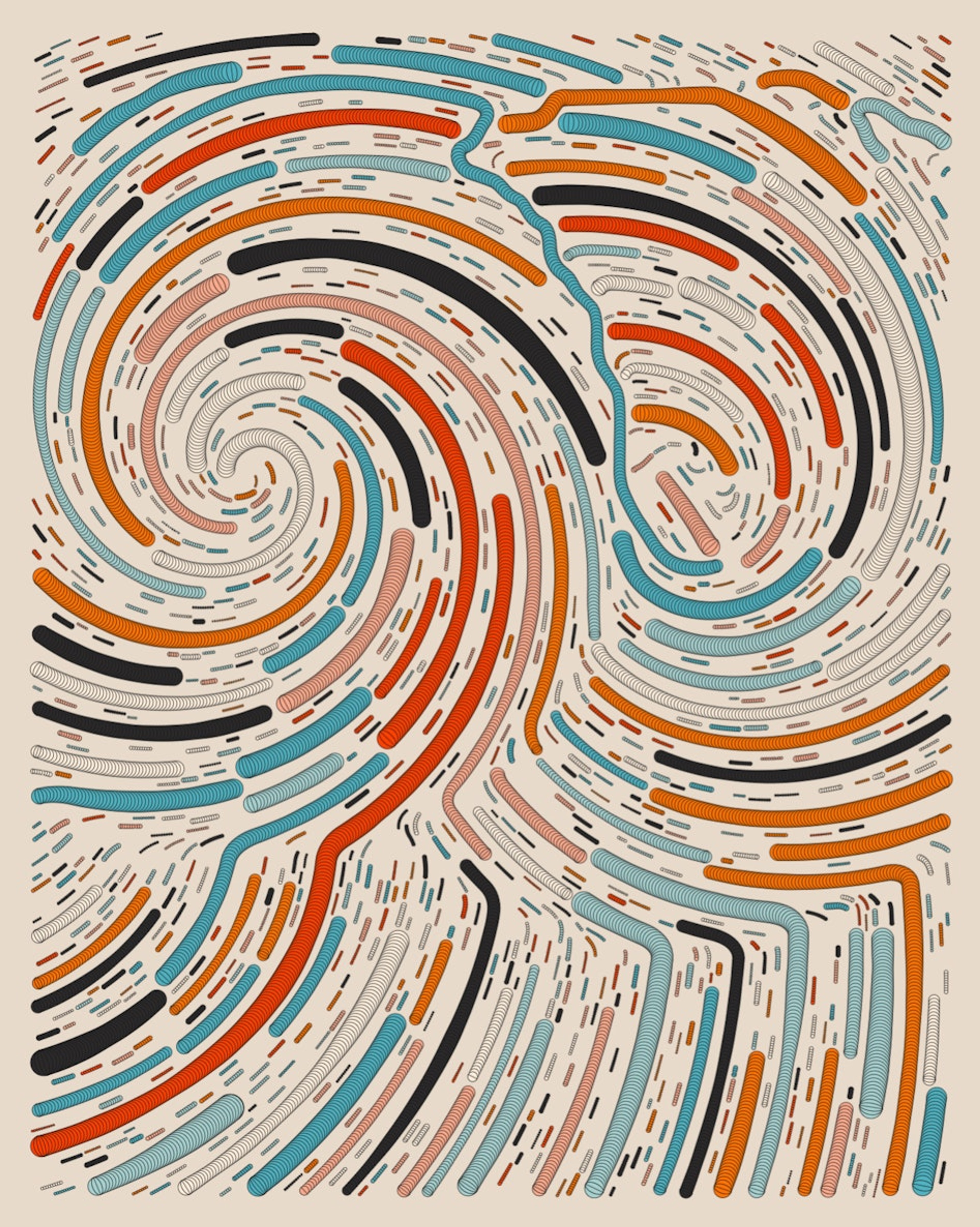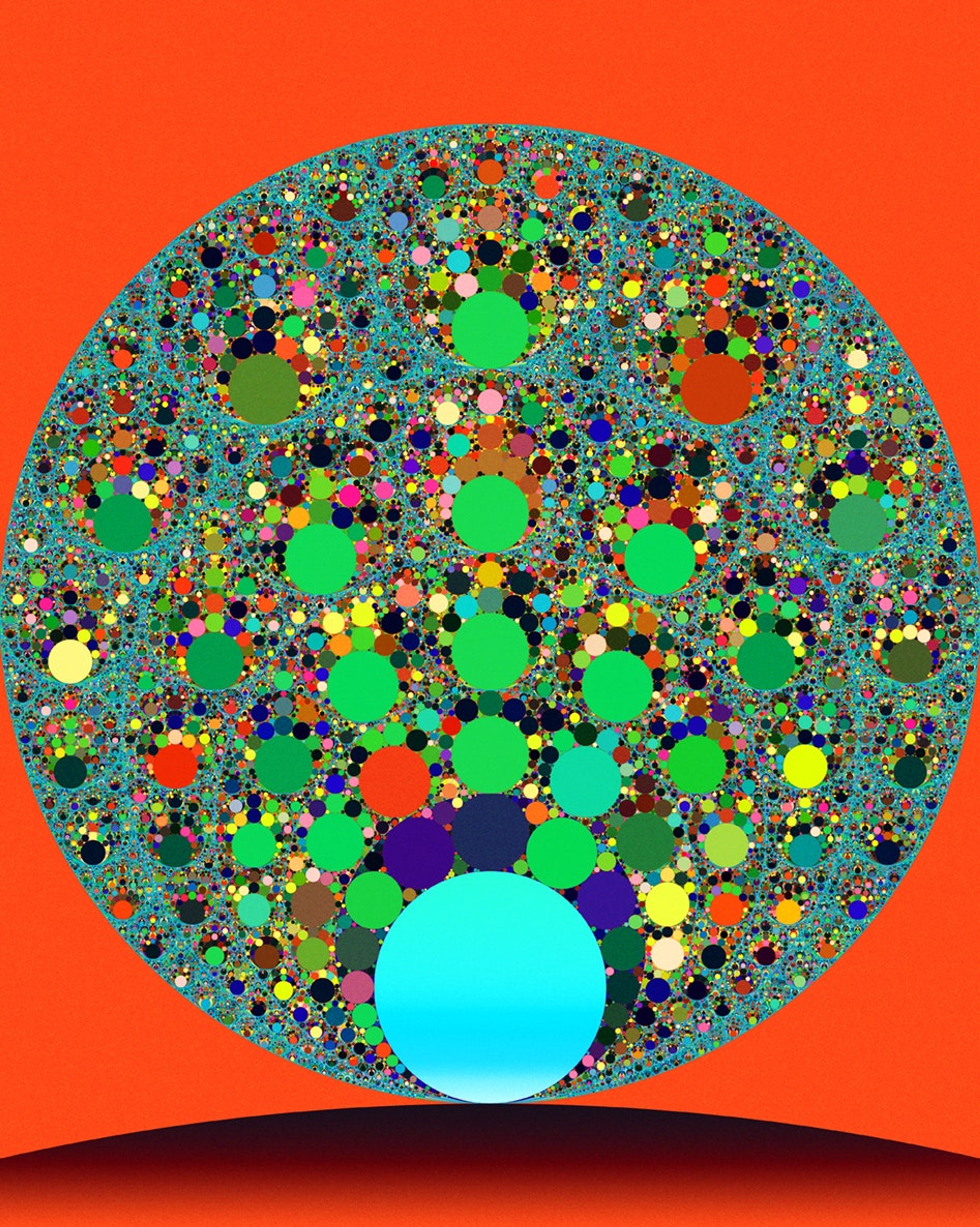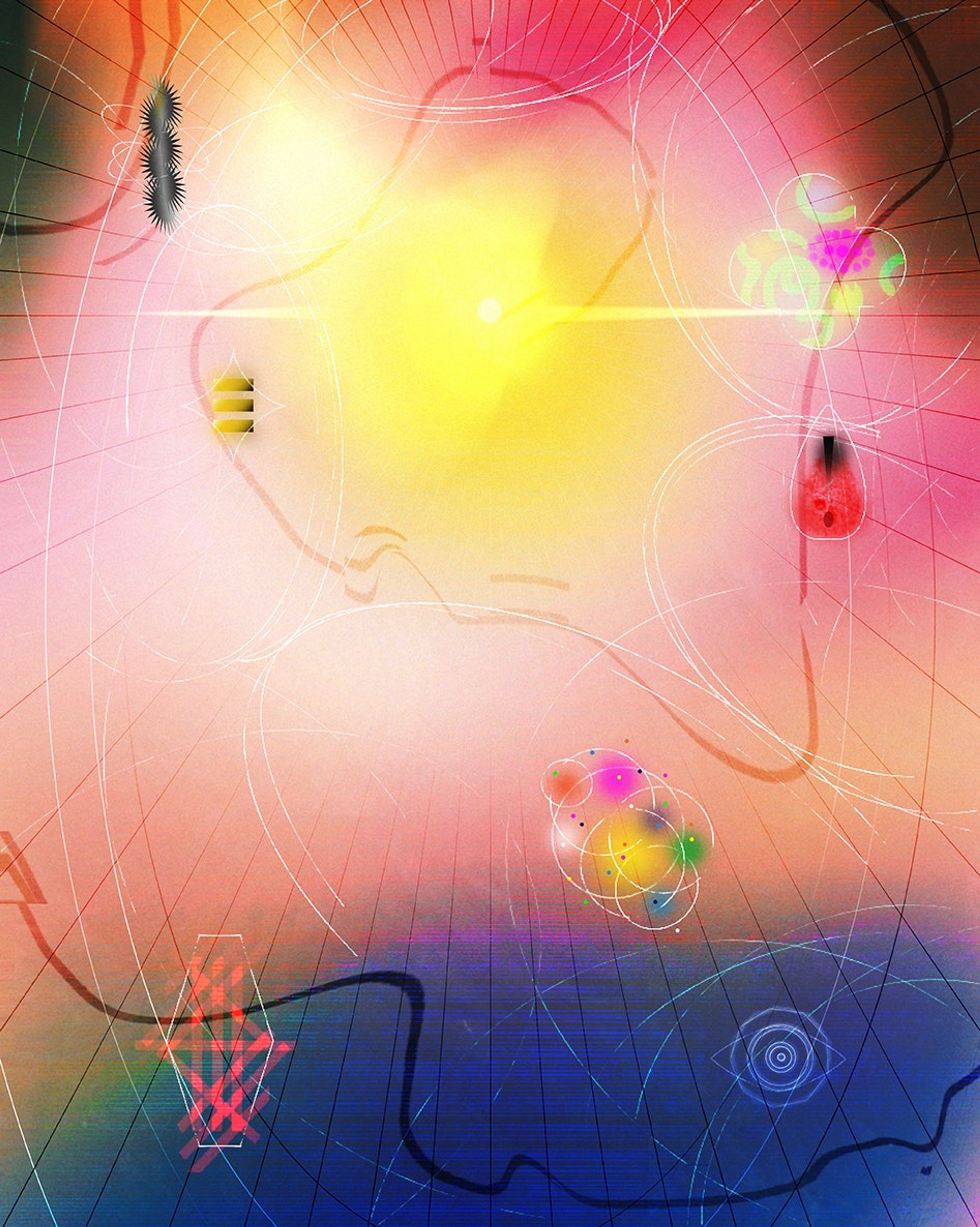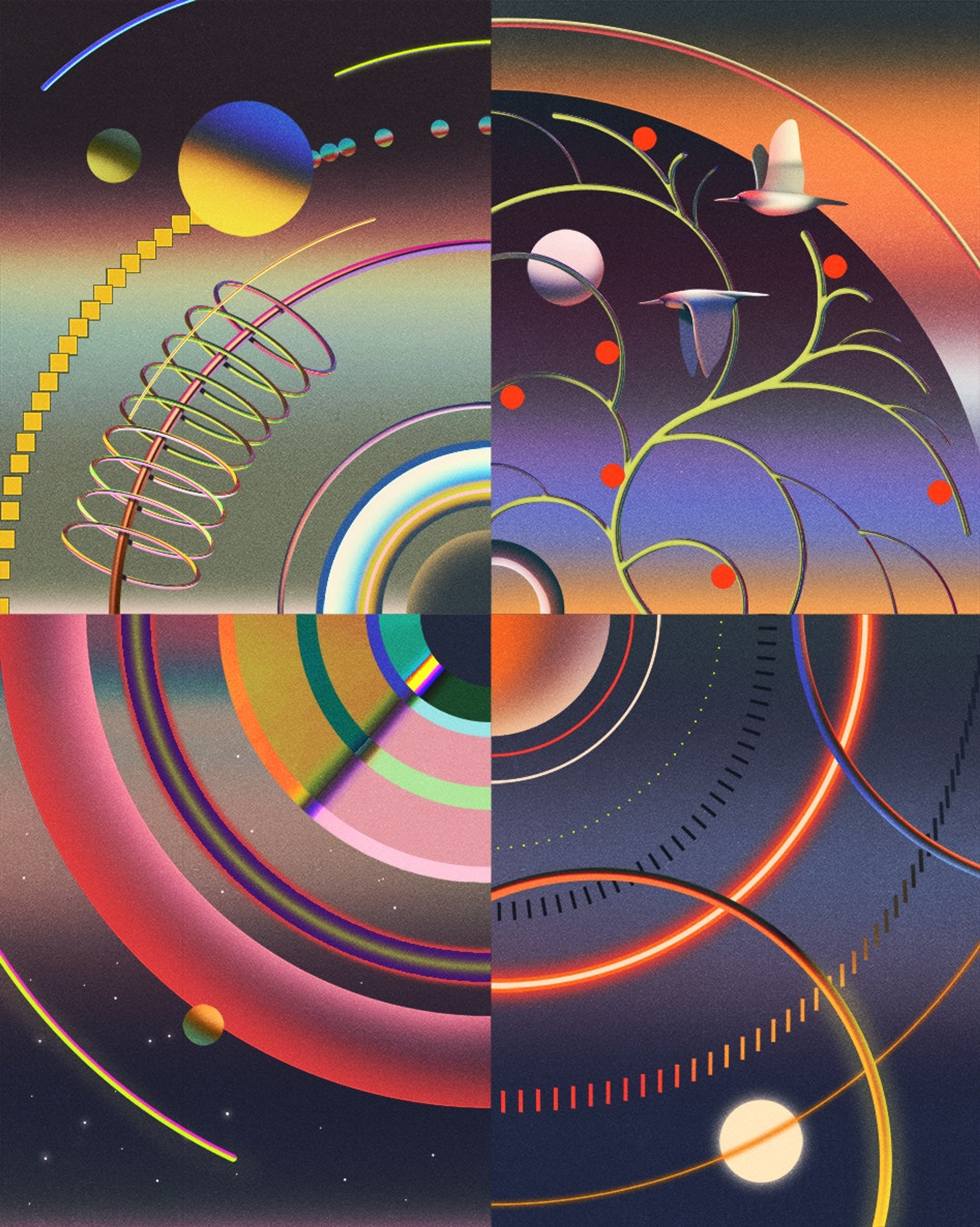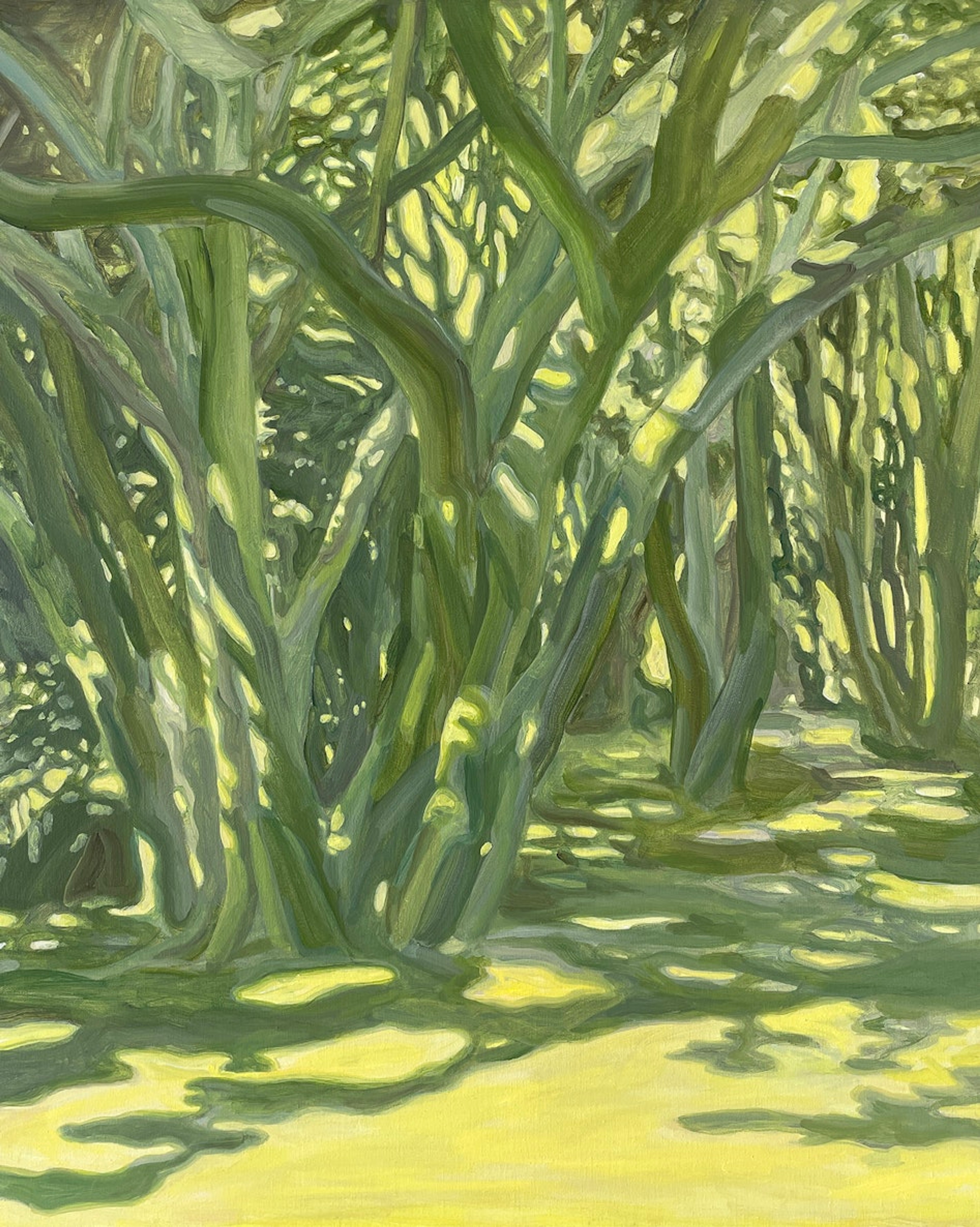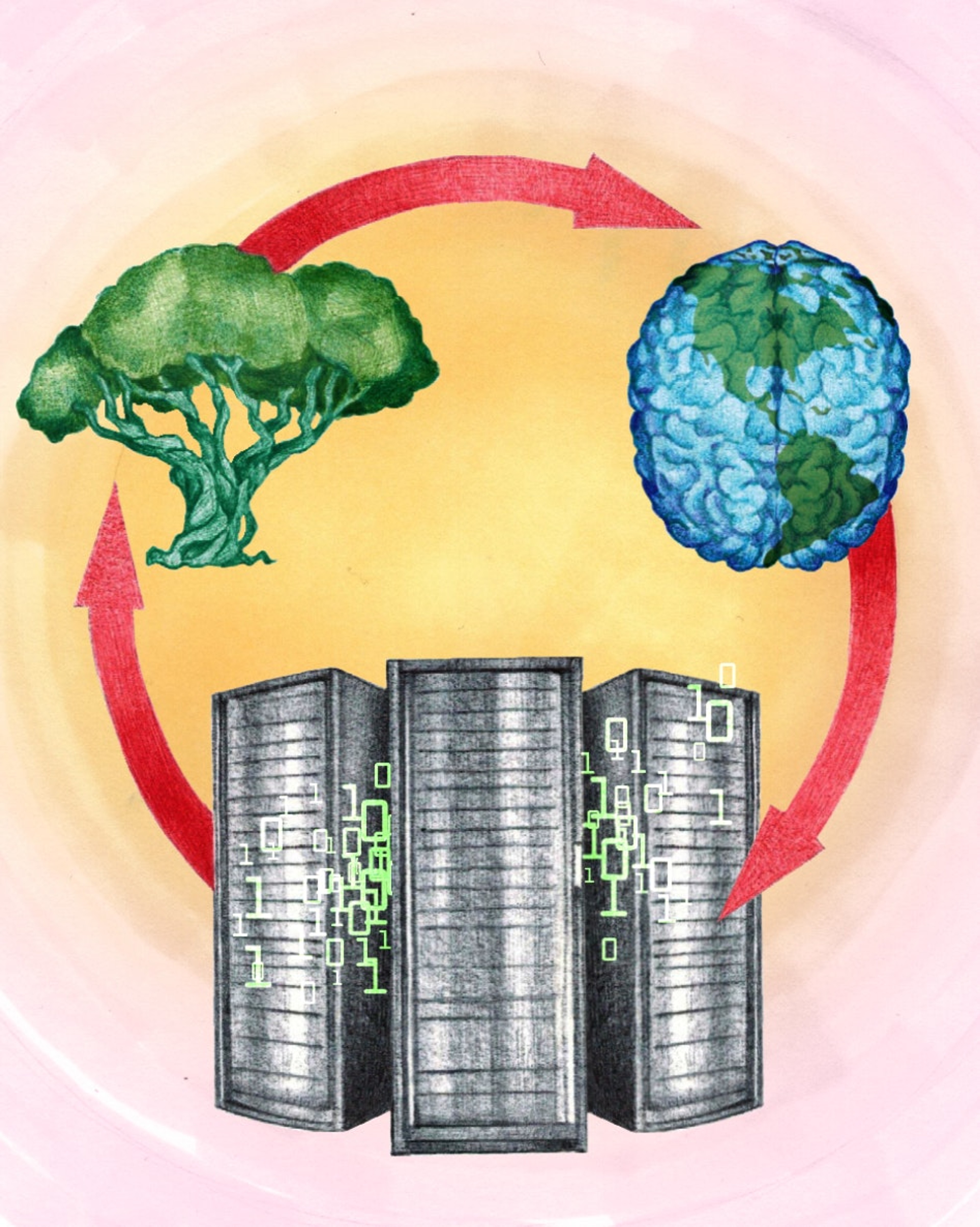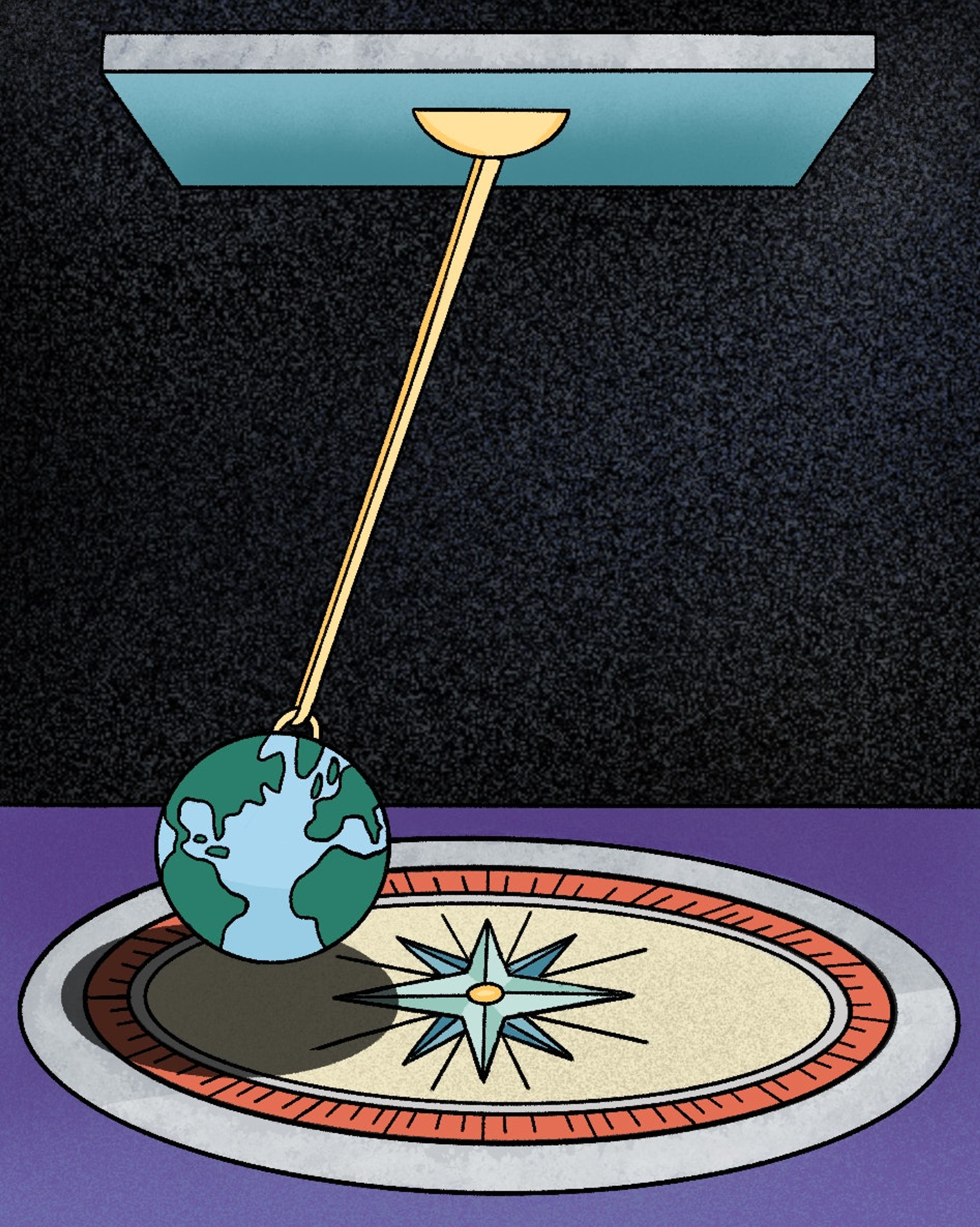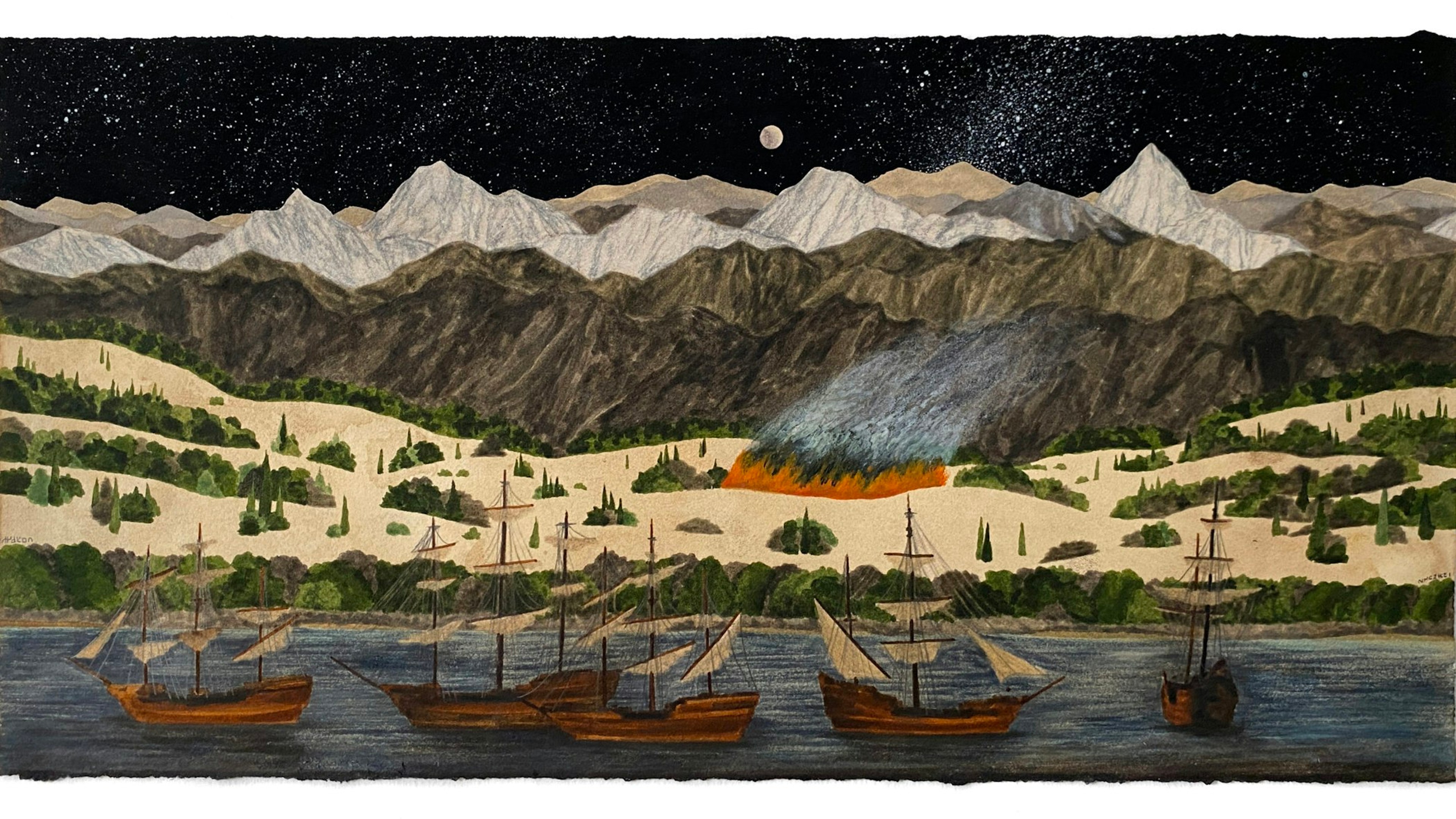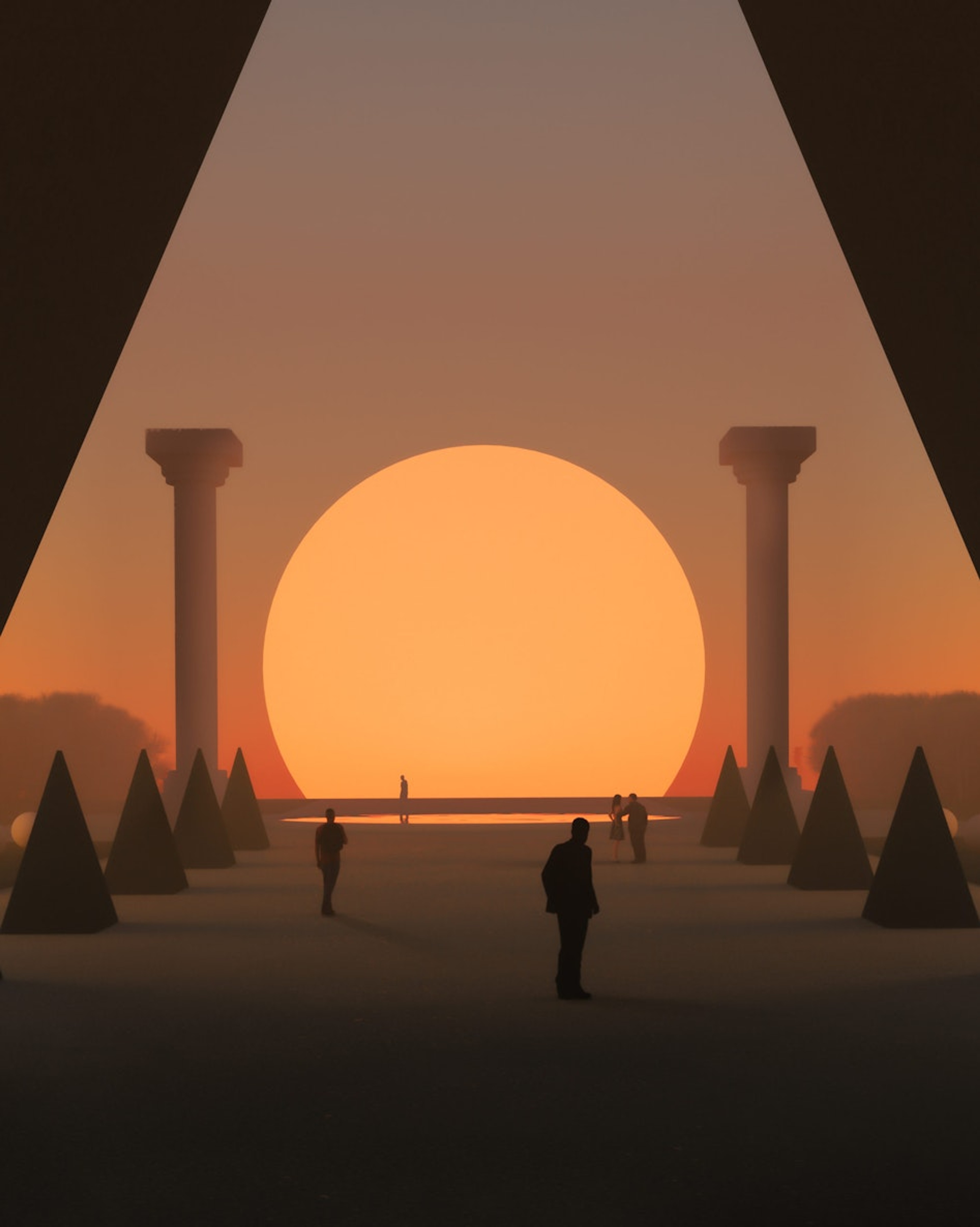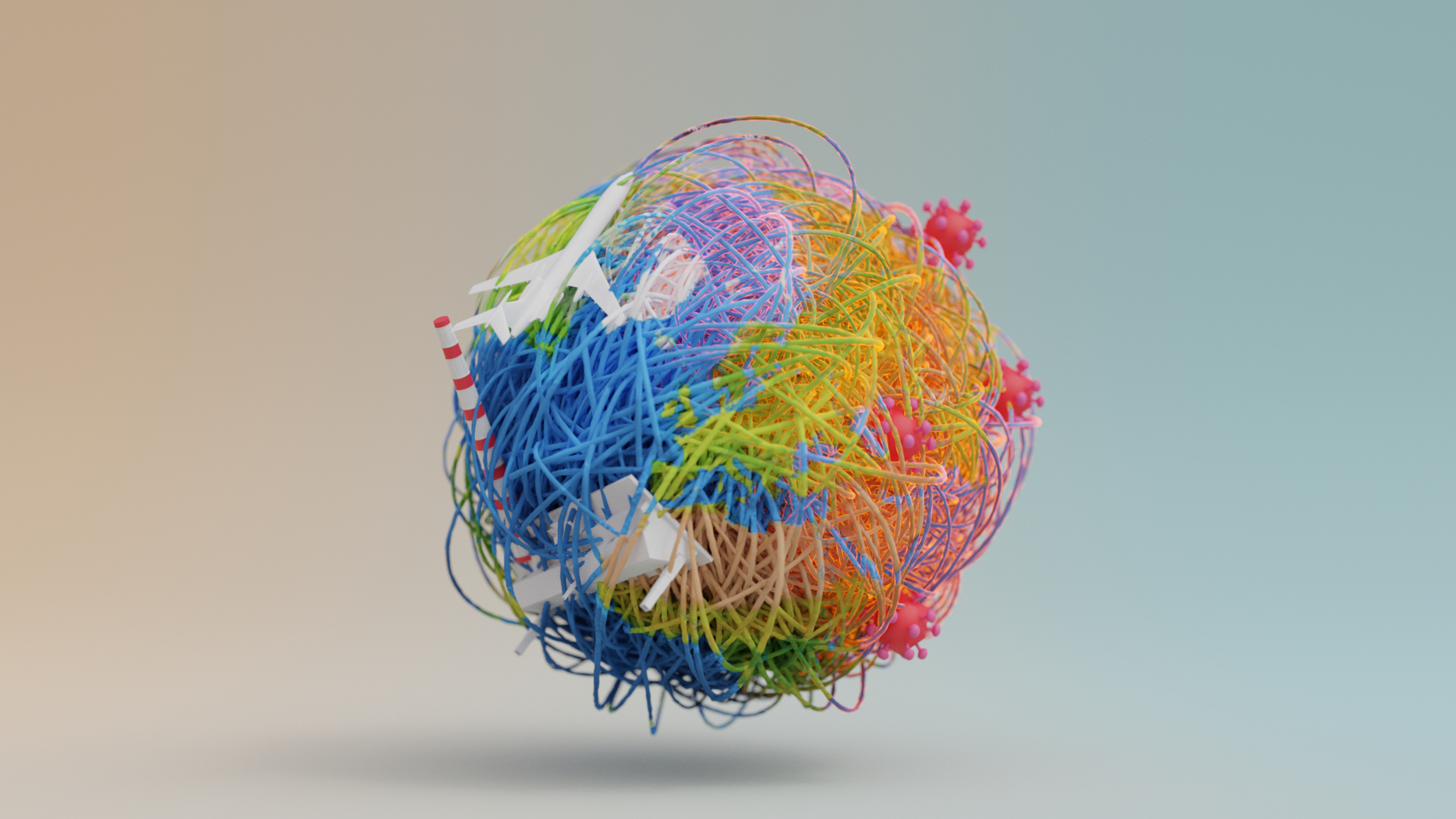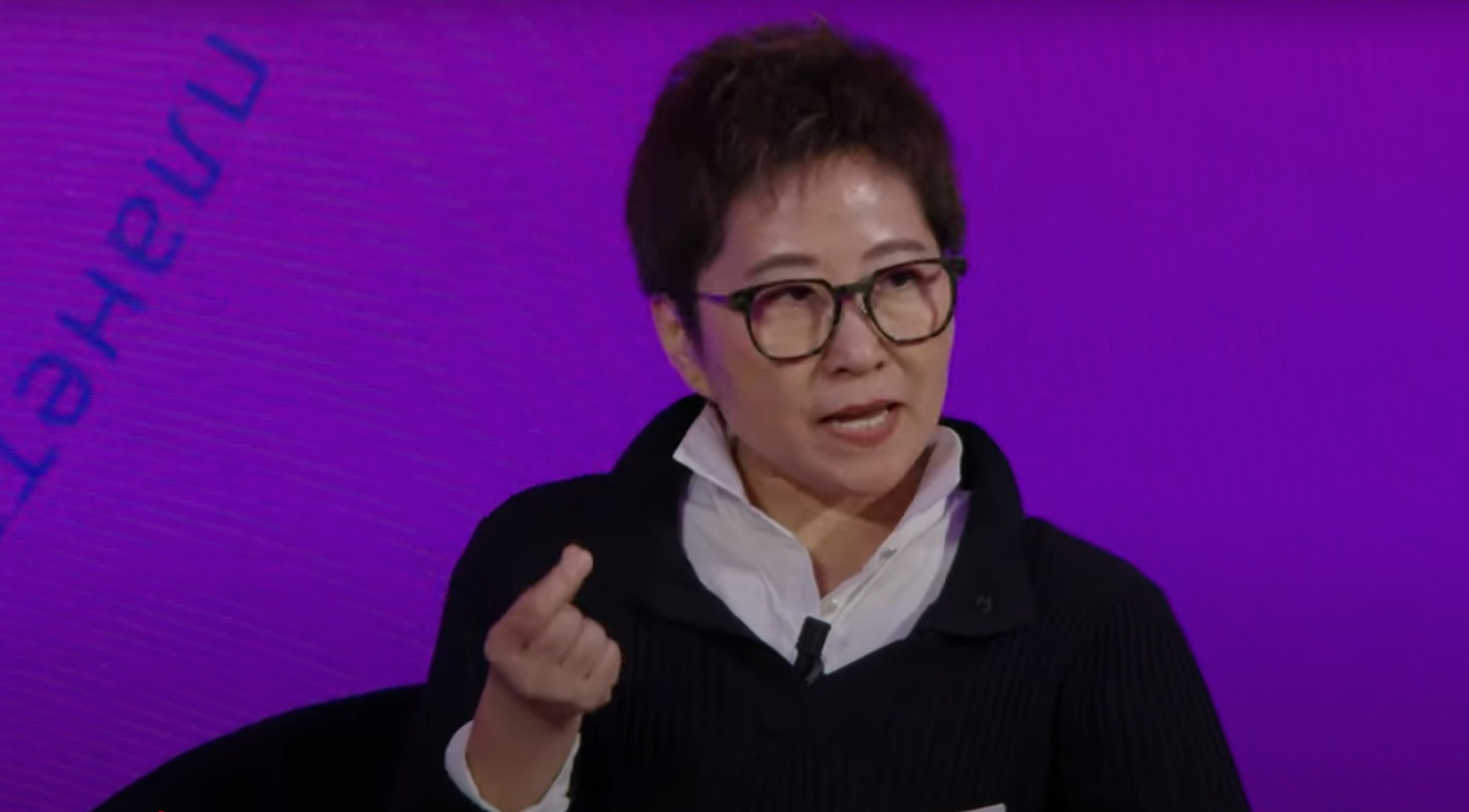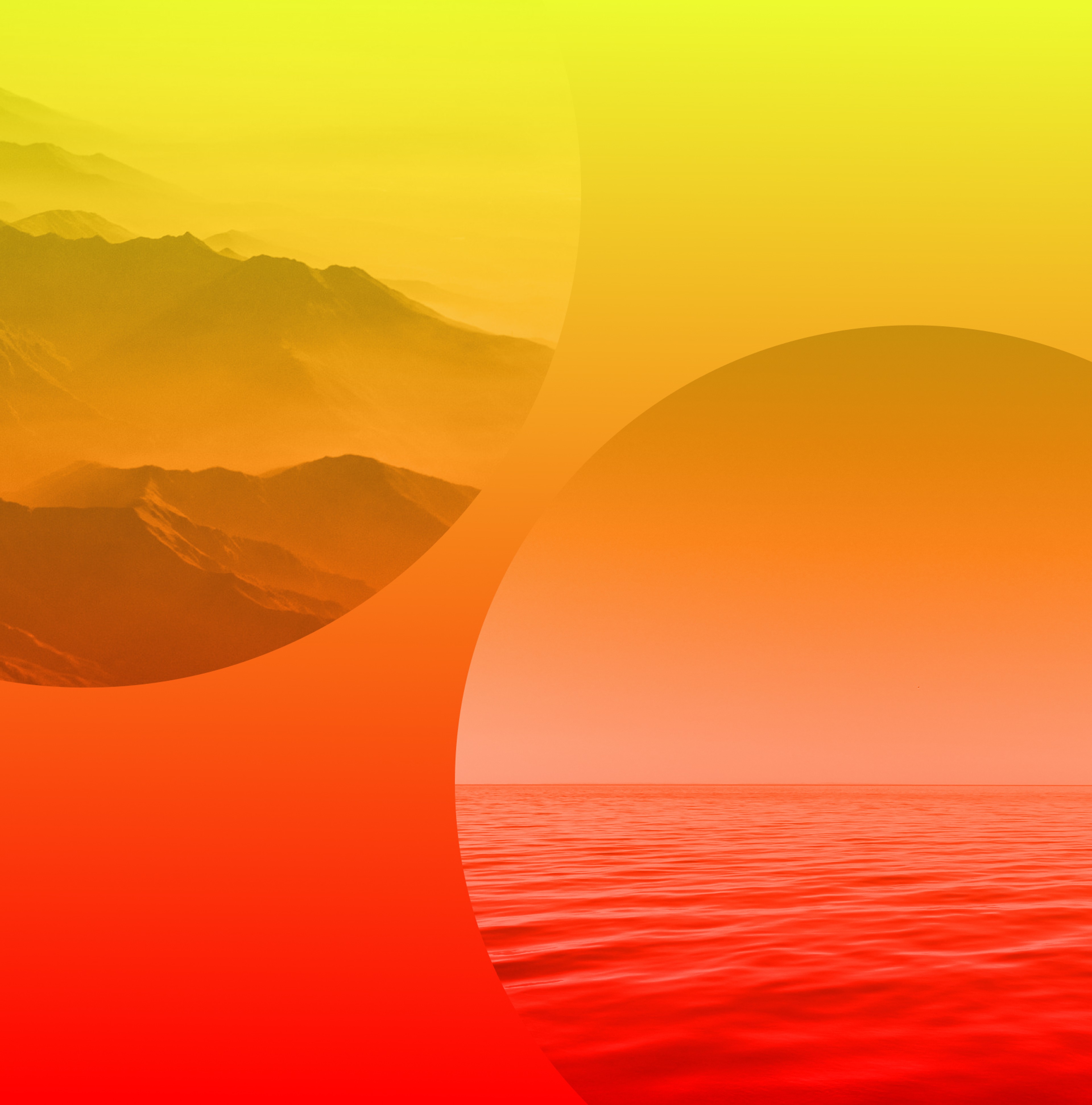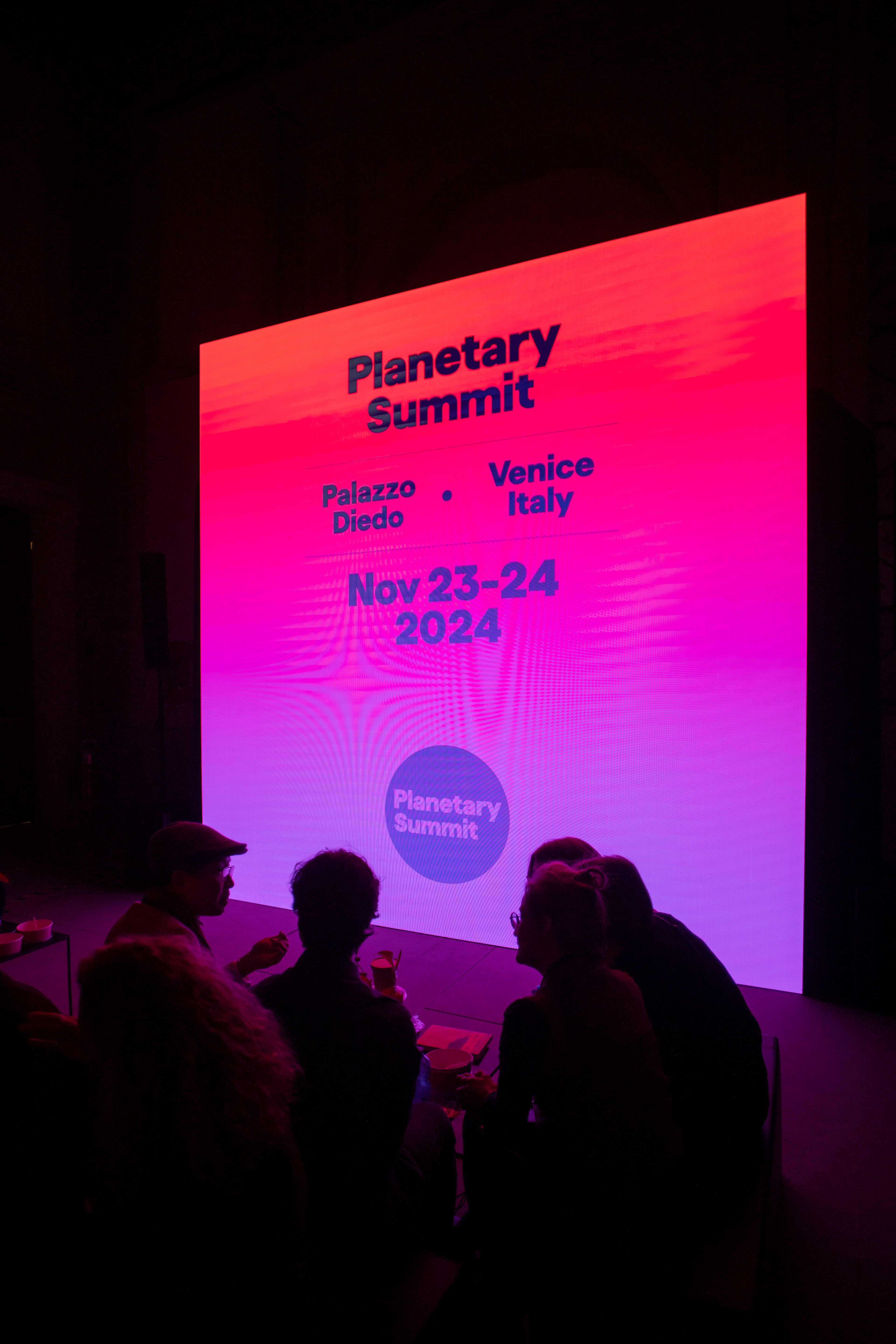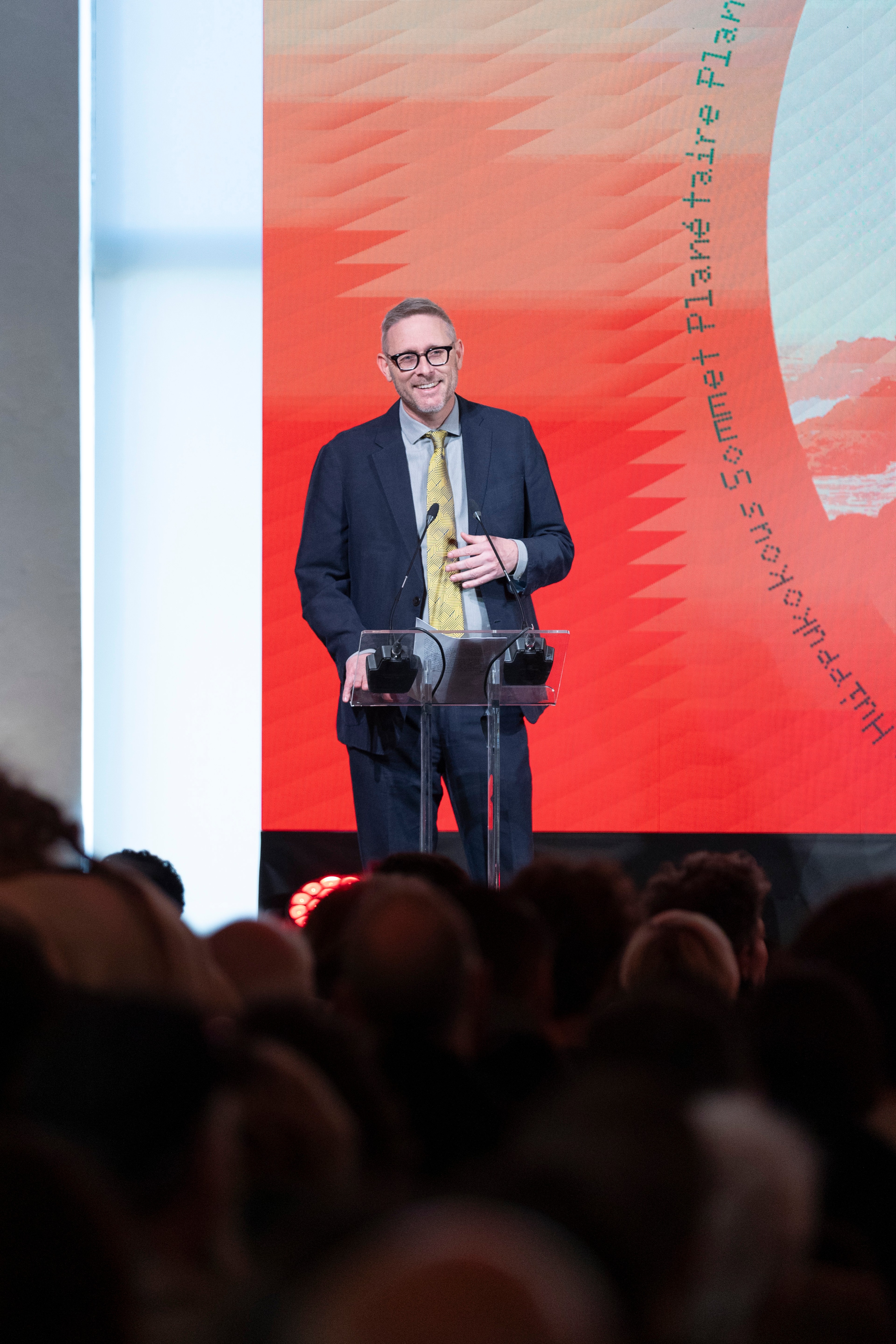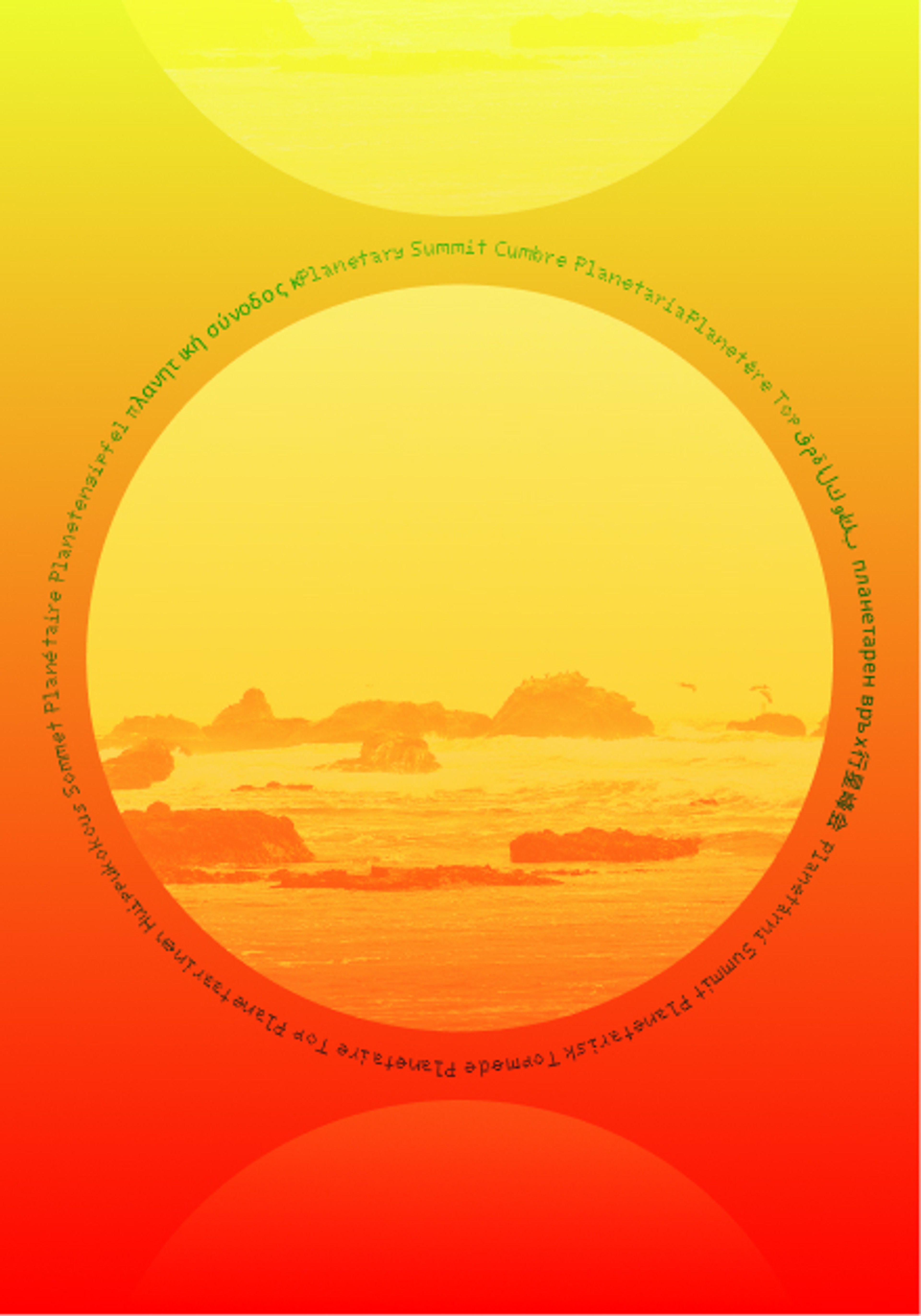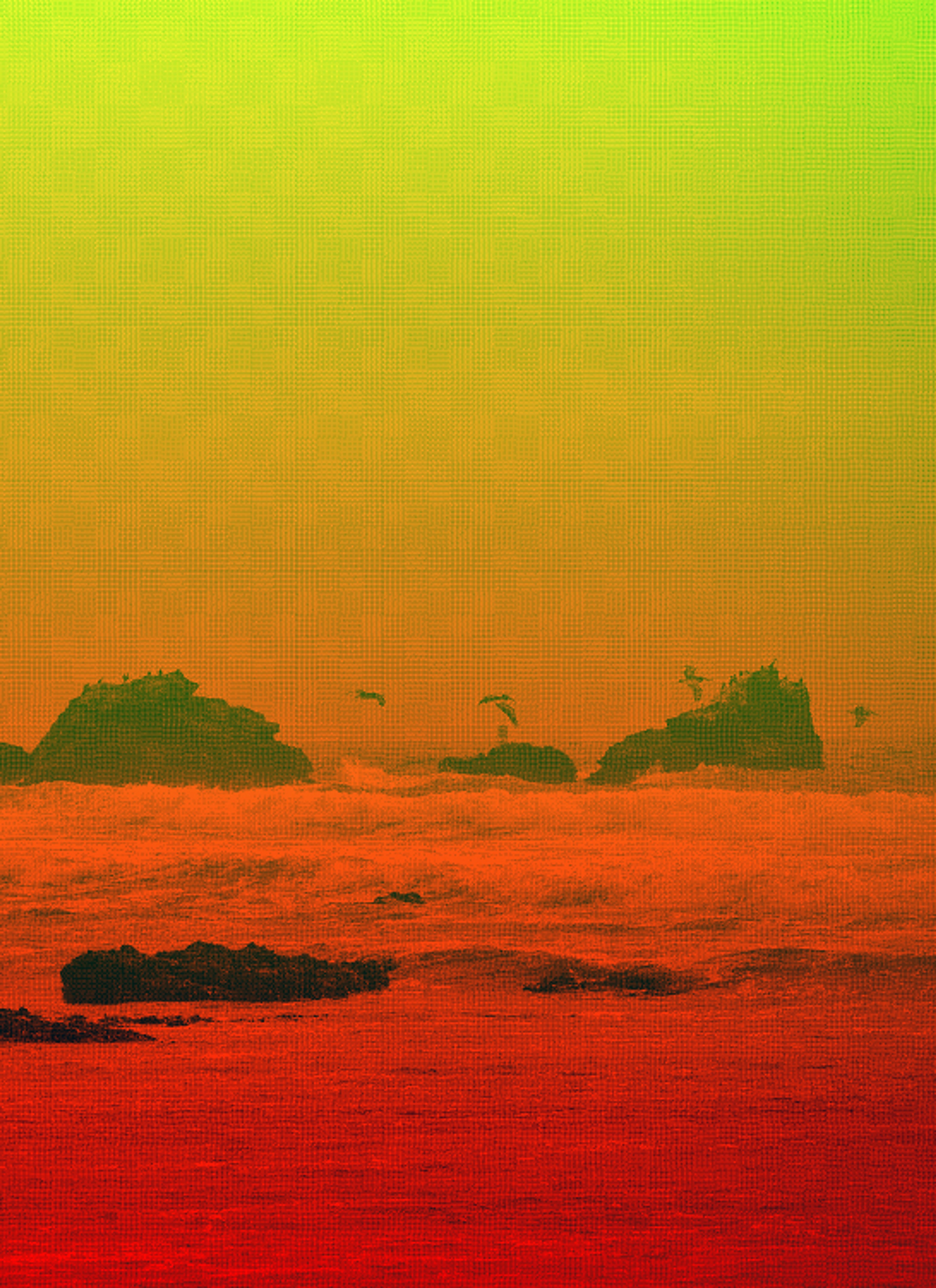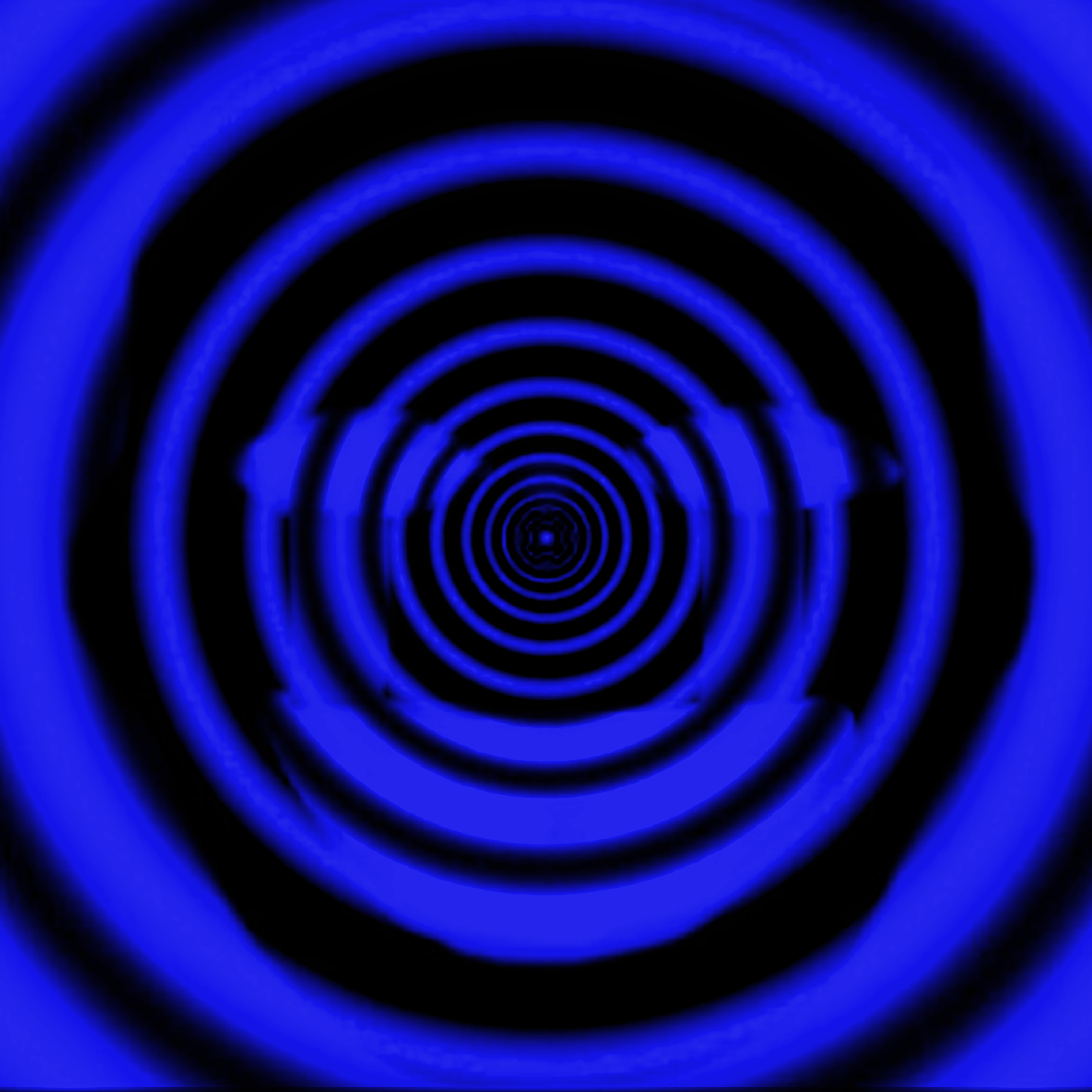Planetary Reading List
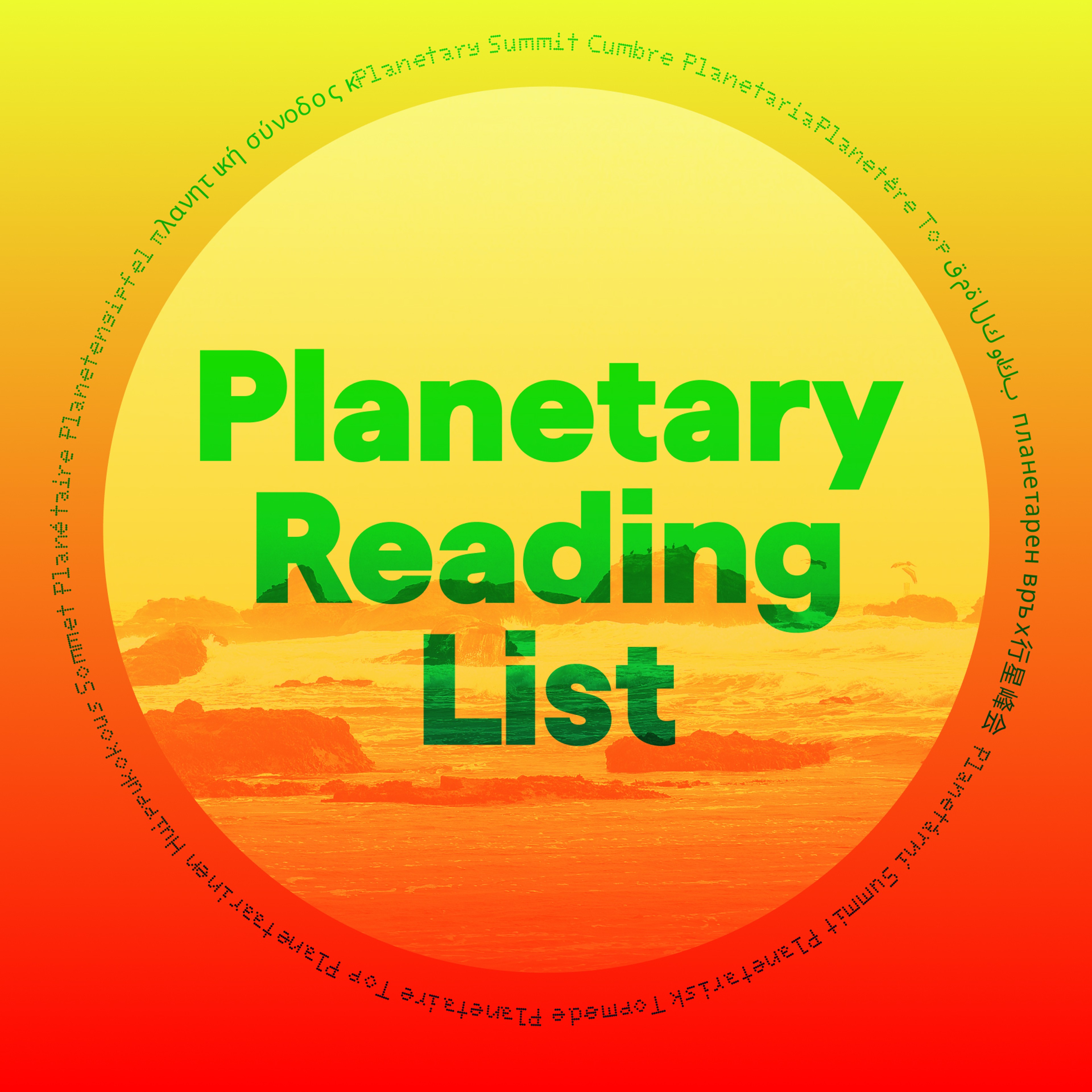
We don’t live on a planet; we live in a planet. We live within the Earth system and we are a part of the Earth system. We don’t hover above it or exist somehow apart from it, we humans – me writing this, you reading it, and everyone else we know and don’t know – are of the Earth.
Modern politics, economics, and society, however, would rather not dwell on this reality. In fact, modernity itself is premised on the abnegation of this reality, and our political, economic, and social institutions are built on this rejection. Nevertheless, over time and now with a quickening pace, the basic fact of our planetary condition is becoming increasingly undeniable. We are at an impasse, and if we hope to survive with dignity and provide flourishing futures for all, we need new institutions that are built on the reality of our planetary, interconnected existence.
Debates about the nature of “planetarity” and what we should do about it have been gaining steam over the course of the 21st century, and with increasing urgency in the past decade. For some time, the arguments took place in the technical language of scientific journals and the abstruse language of the contemporary humanities and social sciences – far, in other words, from the public’s consciousness. But that has begun to change, and I am proud that Noema has been a leader in bringing these new concepts and arguments to wider attention.
Noema’s interest in the Planetary dates to its founding, in 2020. It’s no surprise that a magazine that launched amidst a planet-wide pandemic would ground itself in the Earth and its biogeochemical ferment. In that first year, we find, for instance, Nathan Gardels pushing the German philosopher Peter Sloterdijk to consider what it means that we are living through “a return to the earthly virtue of place on a planetary scale, a kind of return to wholeness and the unity of origins.” In 2020, we also published Tobias Rees’s essay “From The Anthropocene To The Microbiocene,” which urged humans to rethink the modern concept of “the political” starting with a “planetary rather than an ethno- or a species-centric concept of the ‘we.’”
The magazine’s early and enduring contribution to planetary politics is the concept of “planetary realism,” first introduced in these pages by Gardels as a strategy for approaching geopolitics in a world “where conflict and cooperation must coexist.” Even where the US and China disagree bitterly on a range of issues, the superpowers must find ways to intensify “cooperation where planetary interests converge on both climate action and the science of pandemics — domains of concern to everyone who lives on this Earth among the microbe universe.” A published conversation between California’s former governor Jerry Brown and counterculture icon and polymath Stewart Brand elucidates the origins of planetary realism in the politics — at once utopian and “hard-boiled” — of the 1970s.
In those (pre-internet) days, publications associated with Brand himself – The Whole Earth Catalog, CoEvolution Quarterly, even early Wired – were primary sites for the debates over the inchoate concept of the Planetary, but today, fittingly, a website (albeit one with an annual print edition) has emerged as a central venue for its discussion. A wide range of thinkers – many of whom hold profound disagreements – have come to Noema to contribute to these debates. We have published Zhao Tingyang arguing that the ancient Chinese concept of tianxia (“all under heaven”) provides “a universal concept for a world system”; Anne-Marie Slaughter on the pressing problem that “our thinking about governance is so outdated compared to what we now know about how the world works”; Achille Mbembe putting forth a vision of “planetary politics” that “includes all creation”; Dipesh Chakrabarty’s insight that “the planet is a political orphan”; Andrew Sheng’s proposal for a “one-Earth balance sheet”; and much, much more.
To mark the Berggruen Institute’s Planetary Summit, the editors of Noema gathered many of the pieces we’ve published on the Planetary. Read individually, they each provide a fresh and refreshing perspective on our planetary condition. Read together, they provide something more – a glimpse at an emerging field of thought, one developing as writers from many backgrounds and many specialties grapple with what it means to live on a planet, and how we might do it well, not just for us humans but for “all creation.”
⸺Jonathan Blake
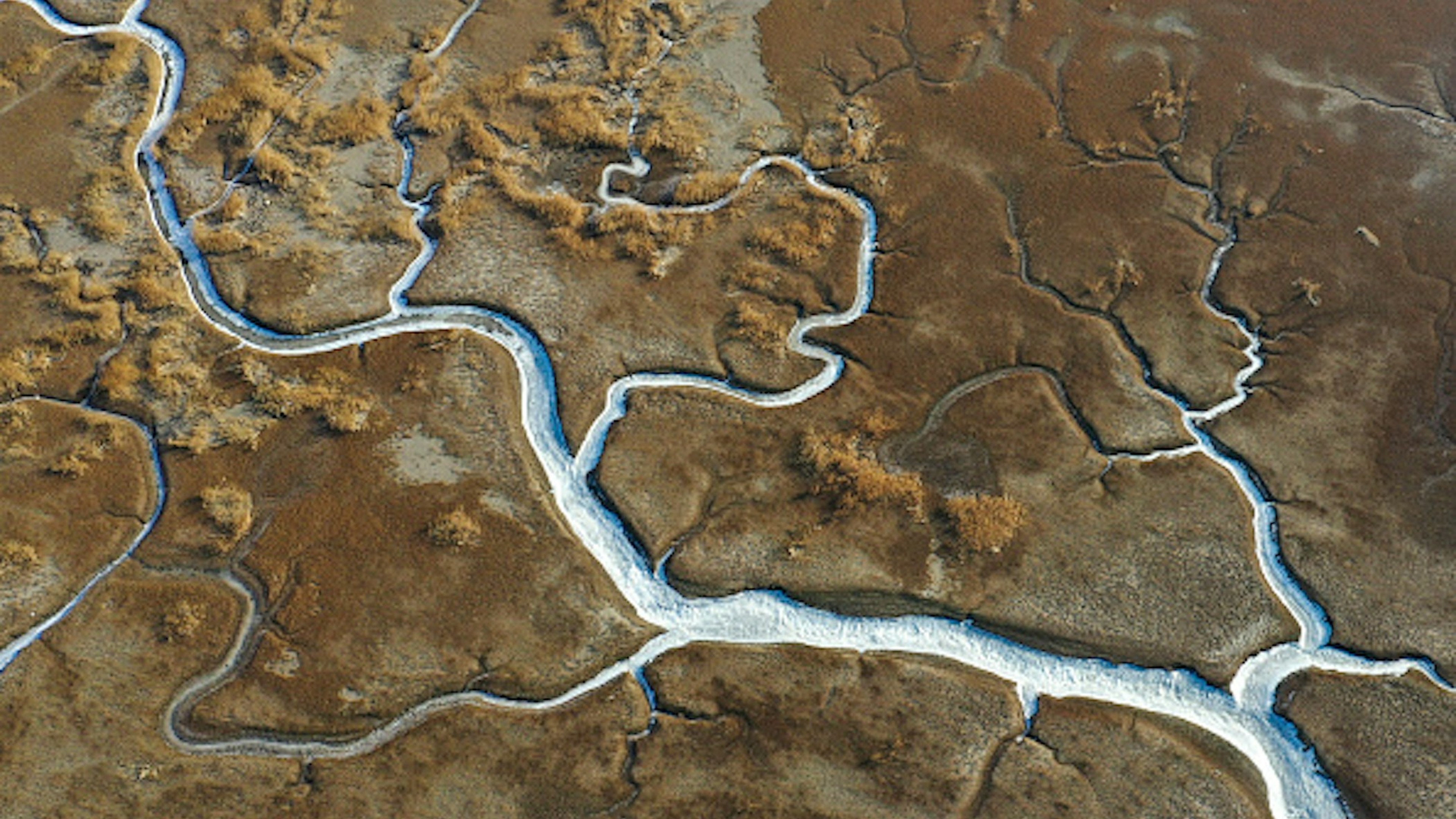
Modernizing Ancient Civilizations For Today’s Planetary Challenges
Wang Gungwu
Civilizations can coexist across boundaries, but when “civilization power” is claimed as universal and conflated with national interests, the world becomes a dangerous place.
